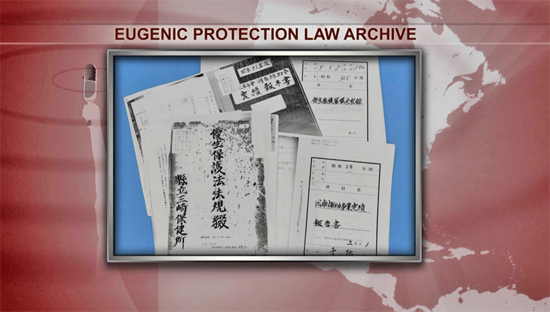Japanese woman sues government over forced sterilisation
Estimated 16,000 people were sterilised without their consent under eugenics law

A Japanese woman who was forcibly sterilised aged 15 due to a mental disability has become the first of thousands of victims of the country’s former eugenics law to sue the government.
The woman, who is in her 60s, is seeking 11m yen (£72,000), claiming the state violated her human rights and offered her no support when she underwent the procedure, according to court documents quoted by Kyodo News.
The plaintiff, who has not been named, is one of an estimated 16,000 people who were sterilised without their consent under Japan’s eugenics law, which remained in force until 1996.
Speaking at a televised press conference, the woman’s sister-in-law said: “We have had agonising days… We stood up to make this society brighter.”
The health minister Katsunobu Kato declined to comment, saying he was unaware of the details of the case.
The government has said it is willing to talk to individuals who need help, but said it had no plans to provide support to all of the victims, a health ministry official told Agence France-Presse.
Introduced in 1948, the eugenic protection law authorised the sterilisation, with or without consent, of people with mental disabilities and illnesses, along with those with hereditary disorders, “to prevent birth of inferior descendants … and to protect life and health of mother”.
Germany and Sweden had similar measures, but have since apologised to victims and provided compensation.
The Japanese woman’s claim, filed with a court in the city of Sendai, is expected to highlight the Japanese state’s mistreatment of people with disabilities and chronic conditions in the period after the Second World War.
In the 1950s, it rounded up thousands of leprosy patients and forced them to live in sanatoriums located in mountains or on remote islands. Many were sterilised or made to have abortions.
In 2001, a court ruled that the policy of segregating leprosy disease patients was unconstitutional and should have been discontinued after effective multi-drug therapies were made widely available by the end of the 1950s.
The then prime minister Junichiro Koizumi offered a formal apology and promised not to challenge compensation claims by former patients.
The UN has criticised Japan’s refusal to apologise or provide compensation to victims of forced sterilisation.
In 2016, the UN committee on the elimination of discrimination against women recommended Japan adopt “specific measures aimed at providing all victims of forced sterilisations with assistance to access legal remedies and provide them with compensation and rehabilitative services”.
yogaesoteric
December 9, 2018
